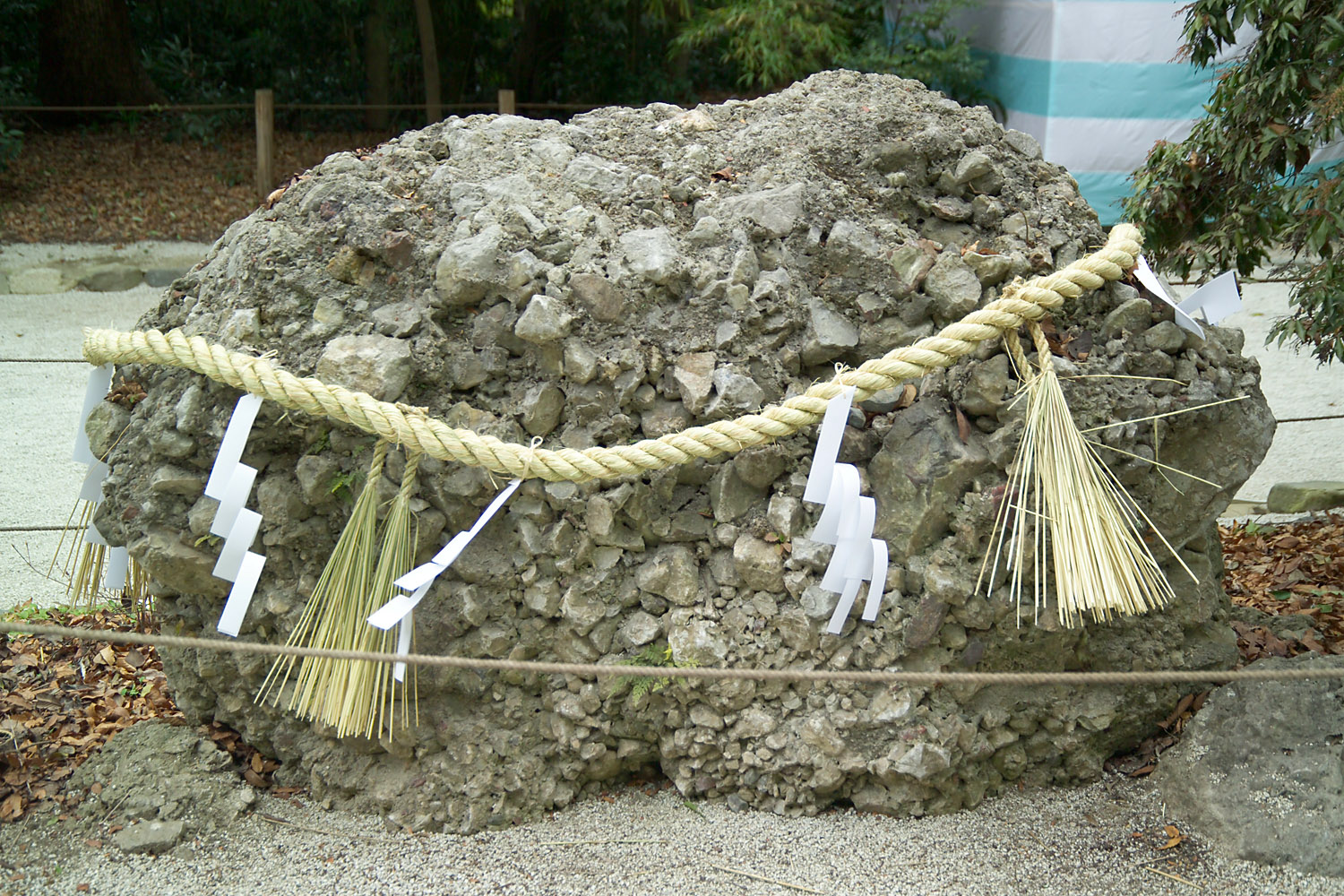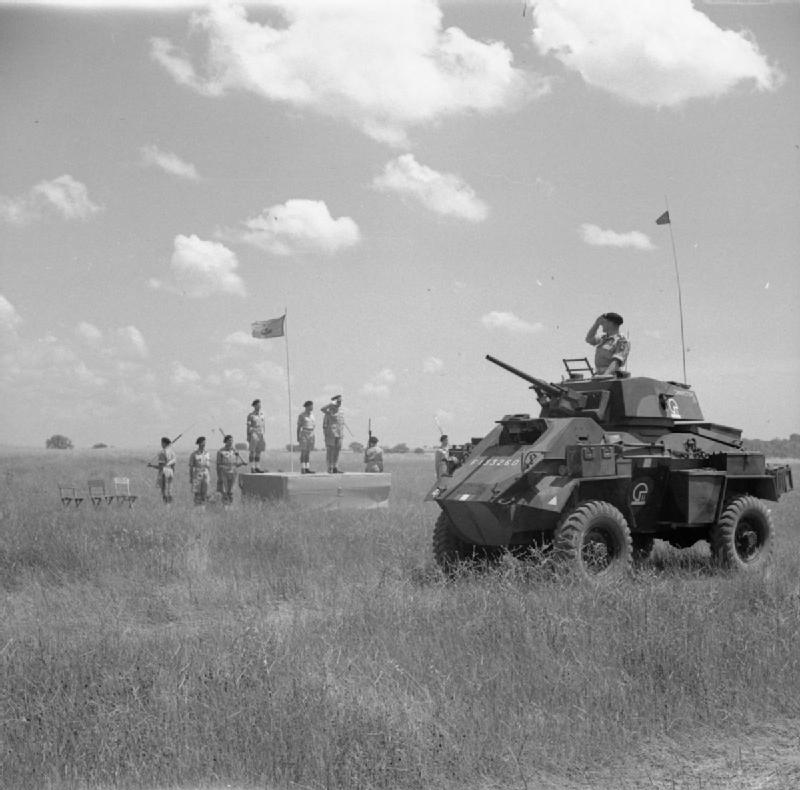|
Hongkou Park Incident
The Hongkou Park Incident was a bombing attack on military and colonial personnel of the Empire of Japan at 11:40 am on April 29, 1932. It occurred at Hongkou Park (now "Lu Xun Park"), Shanghai, Republic of China, during a ceremony that honored the birthday of the Emperor of Japan, Hirohito. The attack was planned and conducted by the Korean Patriotic Organization, a militant arm of the Korean Provisional Government (KPG). The KPG was a government in exile for Korea formed in Shanghai in 1919 after the Japanese colonized Korea in 1910. It was motivated by advocacy for the independence of Korea from the Empire of Japan. The attacker, Yun Bong-gil, was given two homemade bombs for the attack. He set off the first bomb on the main stage of a rally, which killed Japanese General Yoshinori Shirakawa and head of the Japanese Residents' Association of Shanghai and blew a hole in the stage. A number of other Japanese people were wounded, with injuries ranging from severe to minor. Mi ... [...More Info...] [...Related Items...] OR: [Wikipedia] [Google] [Baidu] |
Korean Independence Movement
The Korean independence movement was a military and diplomatic campaign to achieve the independence of Korea from Japan. After the Japanese annexation of Korea in 1910, Korea's domestic resistance peaked in the March 1st Movement of 1919, which was crushed and sent Korean leaders to flee into China. In China, Korean independence activists built ties with the National Government of the Republic of China which supported the Provisional Government of the Republic of Korea (KPG), as a government in exile. At the same time, the Korean Liberation Army, which operated under the Chinese National Military Council and then the KPG, led attacks against Japan. After the outbreak of the Pacific War in 1941, China became one of the Allies of World War II. In the Second Sino-Japanese War, China attempted to use this influence to assert Allied recognition of the KPG. However, the United States was skeptical of Korean unity and readiness for independence, preferring an international trusteeshi ... [...More Info...] [...Related Items...] OR: [Wikipedia] [Google] [Baidu] |
Korea Under Japanese Rule
Between 1910 and 1945, Korea was ruled as a part of the Empire of Japan. Joseon Korea had come into the Japanese sphere of influence with the Japan–Korea Treaty of 1876; a complex coalition of the Meiji government, military, and business officials began a process of integrating Korea's politics and economy with Japan. The Korean Empire, proclaimed in 1897, became a protectorate of Japan with the Japan–Korea Treaty of 1905; thereafter Japan ruled the country indirectly through the Japanese Resident-General of Korea. Japan formally annexed the Korean Empire with the Japan–Korea Treaty of 1910, without the consent of the former Korean Emperor Gojong, the regent of the Emperor Sunjong. Upon its annexation, Japan declared that Korea would henceforth be officially named Chōsen. This name was recognized internationally until the end of Japanese colonial rule. The territory was administered by the Governor-General of Chōsen based in Keijō (Seoul). Japanese rule prioritized ... [...More Info...] [...Related Items...] OR: [Wikipedia] [Google] [Baidu] |
Kimigayo
is the national anthem of Japan. The lyrics are from a ' poem written by an unnamed author in the Heian period (794–1185), and the current melody was chosen in 1880, replacing an unpopular melody composed by John William Fenton eleven years earlier. While the title "Kimigayo" is usually translated as "His Imperial Majesty's Reign", no official translation of the title or lyrics has been established in law. From 1888 to 1945, "Kimigayo" served as the national anthem of the Empire of Japan. When the Empire was dissolved following Surrender of Japan, its surrender at the end of World War II, the State of Japan succeeded it in 1945. This successor state was a Parliamentary system, parliamentary democracy, and the polity therefore changed from a system based on imperial sovereignty to one based on popular sovereignty. However, the Occupation of Japan, U.S. occupation forces allowed Hirohito, Emperor Hirohito to retain the throne and "Kimigayo" remained the ''de facto'' nationa ... [...More Info...] [...Related Items...] OR: [Wikipedia] [Google] [Baidu] |
Ronald Penney
Major General Sir (William) Ronald (Campbell) Penney KBE CB DSO MC (16 May 1896 – 3 December 1964) was a British Army officer who fought in both World War I and World War II. His most notable role was during World War II when he was General Officer Commanding (GOC) of the 1st Infantry Division during the controversial Battle of Anzio, part of the Italian Campaign, in early 1944. Early life and military career Born in Midlothian on 16 May 1896, Penney was the third of four sons of Joseph Campbell Penney, an Edinburgh accountant, and Margaret Eleanor Jane Gourlay.Smart, p. 245 He was educated at Wellington College, Berkshire and, with the intention of starting a military career, the Royal Military Academy, Woolwich. Still there at the outbreak of World War I in August 1914, he graduated and was commissioned as a second lieutenant into the Royal Engineers on 17 November. Promoted to lieutenant on 23 December 1915, he was initially held back in the United Kingdom, but from ... [...More Info...] [...Related Items...] OR: [Wikipedia] [Google] [Baidu] |
Howard Kelly (Royal Navy Officer)
Admiral Sir William Archibald Howard Kelly (6 September 1873 – 14 September 1952) was a Royal Navy officer who went on to be Commander-in-Chief, China Station. Naval career Kelly joined the Royal Navy in 1886. He was posted as a lieutenant to the protected cruiser HMS ''Spartiate'' in late March 1902, went to Somaliland in 1902 and became naval attaché in Paris in 1911. He served in the First World War as commanding officer of HMS ''Gloucester'', taking part in the pursuit of ''Goeben'' and ''Breslau'' (his brother John Kelly was commanding officer of ''Gloucester''s sister ship ''Dublin'' during the same engagement). From 1917 he was commander of the 8th Light Cruiser Squadron. In 1918 he was given command of the British Adriatic Force. In May 1919, First Sea Lord Rosslyn Wemyss appointed Kelly as head of British Naval Mission to Greece. Kelly discovered the Hellenic Navy in a run down condition after the Allies had emptied its stores during the course of World War I wi ... [...More Info...] [...Related Items...] OR: [Wikipedia] [Google] [Baidu] |
Shanghai Volunteer Corps
The Shanghai Volunteer Corps (SVC) (1853−1942) was a multinational, mostly volunteer force controlled by the Shanghai Municipal Council which governed the Shanghai International Settlement. History The Shanghai Volunteer Corps was created on 12 April 1853 during the Small Swords Society's uprising. It saw action alongside British and American military units in the 1854 'Battle of the Muddy Flat', when Qing imperial troops besieging the rebel-held city ignored foreign demands to move further away from the foreign concessions. Concerned that the Qing forces were drawing rebel fire into the settlements, the foreign consuls and military commanders authorised an attack on the Qing forces to dislodge them. The operation was successful, and the battle was thereafter commemorated as an important event in the history of the SVC. The Corps was disbanded in 1855 but reestablished in 1861. In 1870 the Shanghai Municipal Council took over the running of the SVC . The unit was mobilised in ... [...More Info...] [...Related Items...] OR: [Wikipedia] [Google] [Baidu] |
Japanese VIP Before Hongkew Park Bombing Incident
Japanese may refer to: * Something from or related to Japan, an island country in East Asia * Japanese language, spoken mainly in Japan * Japanese people, the ethnic group that identifies with Japan through ancestry or culture ** Japanese diaspora, Japanese emigrants and their descendants around the world * Japanese citizens, nationals of Japan under Japanese nationality law ** Foreign-born Japanese, naturalized citizens of Japan * Japanese writing system, consisting of kanji and kana * Japanese cuisine, the food and food culture of Japan See also * List of Japanese people * * Japonica (other) * Japonicum * Japonicus This list of Latin and Greek words commonly used in systematic names is intended to help those unfamiliar with classical languages to understand and remember the scientific names of organisms. The binomial nomenclature used for animals and plants i ... * Japanese studies {{disambiguation Language and nationality disambiguation pages ... [...More Info...] [...Related Items...] OR: [Wikipedia] [Google] [Baidu] |
Korea JoongAng Daily
''Korea JoongAng Daily'' is the English edition of the South Korean national daily newspaper ''JoongAng Ilbo''. The newspaper was first published on October 17, 2000, originally named as ''JoongAng Ilbo English Edition''. It mainly carries news and feature stories by staff reporters, and some stories translated from the Korean language newspaper. ''Korea JoongAng Daily'' is one of the three main English newspapers in South Korea along with ''The Korea Times'' and ''The Korea Herald''. The newspaper is published with a daily edition of ''The New York Times'' and it is located within the main offices of the ''JoongAng Ilbo'' in Sangam-dong, Mapo-gu, Seoul. See also *List of newspapers in South Korea This is a list of newspapers in South Korea. National papers Top 10 Comprehensive Daily newspapers *Chosun Ilbo (daily) 1,212,208 *Dong-A Ilbo (daily) 925,919 *JoongAng Ilbo (daily) 861,984 *''Hankook Ilbo'' (daily) 219,672 *''Hankyoreh'' (da ... References External linksOff ... [...More Info...] [...Related Items...] OR: [Wikipedia] [Google] [Baidu] |
Encyclopedia Of Korean Culture
The ''Encyclopedia of Korean Culture'' is a Korean language encyclopedia published by the Academy of Korean Studies and DongBang Media Co. The articles in the encyclopedia are aimed at readers who want to learn about Korean culture and history, and were written by over 3,800 scholars and expert contributors — mainly associated with the Academy of Korean Studies. ''Munhwa Ilbo'' called it the most extensive encyclopedia of Korean studies. In 2001, the digital edition EncyKorea was published on CD-ROM and DVD. See also *'' Doosan Encyclopedia'' * List of digital library projects *Lists of encyclopedias *List of encyclopedias by branch of knowledge *List of encyclopedias by language *List of historical encyclopedias This is a list of encyclopedias, arranged by time period. For other arrangements, see Lists of encyclopedias. Encyclopedias before 1700 * ''Nine Books of Disciplines'' by Marcus Terentius Varro (116 BC-27 BC) * ''Naturalis Historia'' by Pliny the ... * List of ... [...More Info...] [...Related Items...] OR: [Wikipedia] [Google] [Baidu] |
National Institute Of Korean History
The National Institute of Korean History (NIKH) is a South Korean national organization in charge of researching, collecting, compiling, promoting the study of historical materials on Korean history. It was established as ''Guksagwan'' (국사관 國史館) in March 1946, one year after the liberation of Korea and was changed to the current name in 1949. As a branch of the Ministry of Education, the Institute certifies and supervises drafts of history textbooks used in middle and high schools. It conducts educational programs for government officials and teachers of elementary, middle, and high schools. It also operates a school to train competent translators of historical documents written in classical Chinese and pre-modern Japanese. The Institute holds and supervises the Korean History Proficiency Test four times a year, and sponsors the annual Korean History Competition among middle and high school students. Starting in 2015, two emeritus professors of history served as lead au ... [...More Info...] [...Related Items...] OR: [Wikipedia] [Google] [Baidu] |


